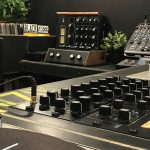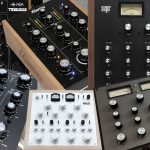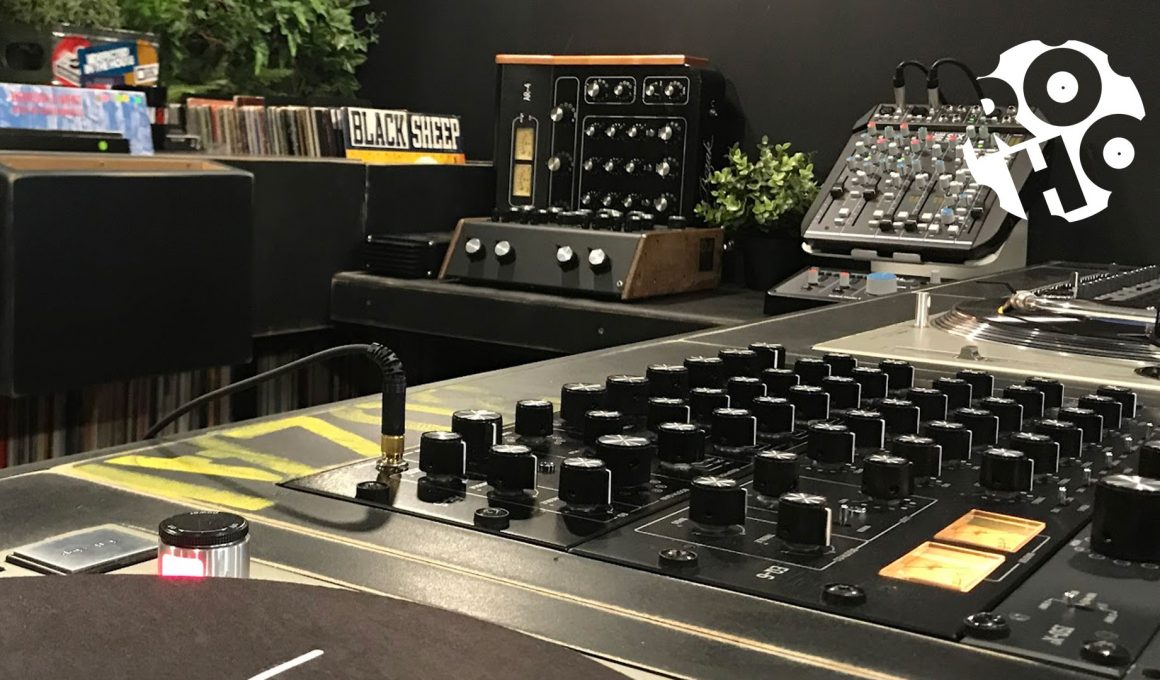I get asked a lot and when I say a lot, I mean nearly on a daily basis what mixer the person should buy. More often than not they have received advice to buy a particular mixer based solely on the fact that the person giving advice owns that mixer. Now there are several reasons why I think this is a bad idea and I’ll explain some of the considerations that haven’t been taken into account.
- They haven’t asked what the needs are of the person in terms of number of channels.
- Do they use effects or do they want to use effects and how they intend to use effect in the mix. Do insert effects into the master work for them or is per-channel send and return required?
- Do they make extensive use of equalisation in the mix is a two pole eq (bass/treble) enough or is the full (low/mid/hi) required. Maybe a simple hi pass filter is enough.
- Are their ears super tuned and hifi quality sound is required?
- What layout works? You’ll get used to any mixer and develop muscle memory in time but most people prefer one layout to another.
- Metering. Do they prefer modern LED-based meters or more old school VU needle-based meters. Or heaven forbid just using their ears and taking or leaving metering altogether. Don’t forget several after market standalone meters are available.
- Does it actually fit in the current setup?
The point I am trying to make is that choosing a mixer is a very individual thing. We are currently blessed with options so never before has it been so easy to find a feature set to suit most individuals.
My advice
Don’t be afraid to put aesthetics high on your list of priorities. A big part of my DJing experience is how my setup looks and feels and I am not ashamed of that one little bit!
Take a look at your DJing style now and potentially where it could go. Are you an old school long blend purist or like chopping mixes and even scratching.
Do you need EQ at all? The reason I’ve said this (and I never thought I ever would) is that recently I have been mixing with no channel eq whatsoever and wow it really makes you be precise and really understand the records you are playing and focus on the right and wrong time to blend the tracks into a tight and meaningful mix. I am going to write another really in depth post on this.
Touch points – Do they matter to you? What I mean by touch points are the fader pots themselves. Are they of good quality or harsh feeling cheap stock ones. Is a quality feel important to you?
Don’t be afraid to entertain unusual layouts just because they are different. Unusual eq arrangement, seemingly strange angles, front mounted send pots and so on. Don’t forget there are many ways to incorporate a mixer into your setup, on stands, angled on a block, set higher or lower than the turntables etc..





